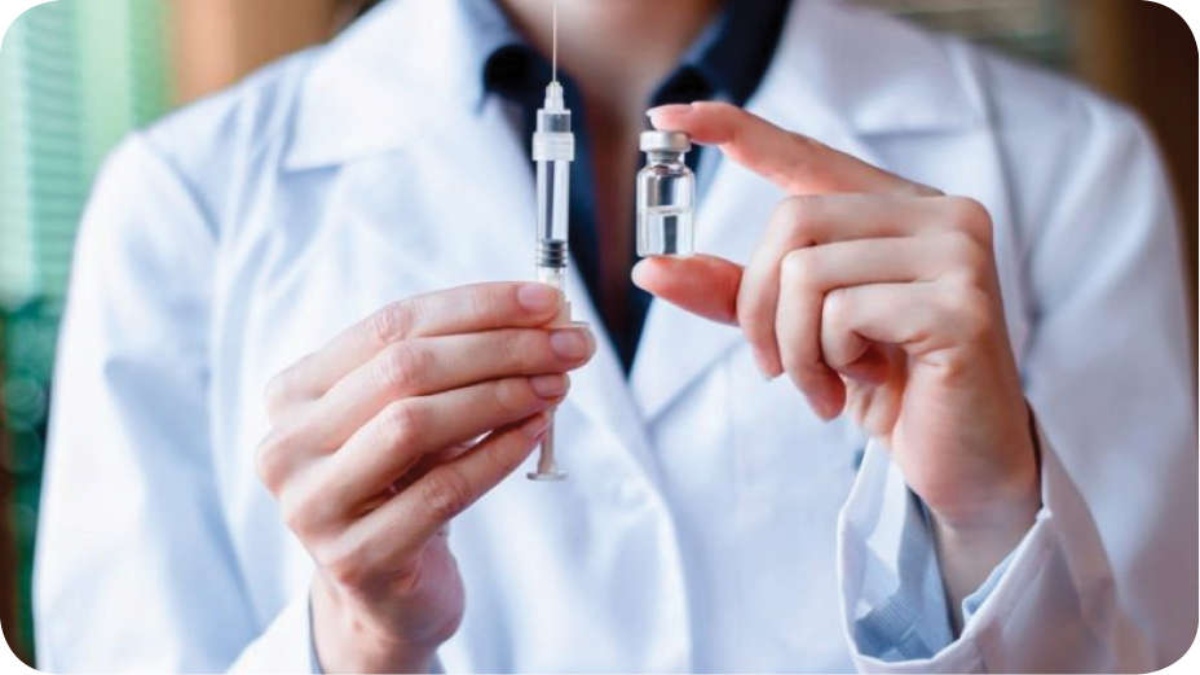The Covid-19 pandemic has caused terrible disruptions across sectors at a scale never seen before. From aviation to real estate to organised retail, most conventional industries have been severely hit by the crisis. However, in this time of global doom, one sector that has taken centre stage nationally as well as globally is the Indian pharmaceutical industry. India’s pharmaceutical sector has always played a positive role in making affordable life-saving drugs available to millions of people across the world. The low-cost generic drugs have immensely benefited poor and low-income countries of Africa, Asia and Latin America. India is also a leading supplier of generic drugs to developed countries including the US, UK and Europe.
However, never has India’s Pharma sector instilled so much confidence and pride in the people of the country as it has done during the difficult Covid times. Whether it is the launching of anti-viral molecules for Covid-19 treatment, coronavirus vaccine development or fulfilling global supply requirements, Pharma in India has led the fight against this deadly virus from the front. India’s pharma sector is today a source of national pride for the people. Suddenly a “Made in India” stamp on a pharmaceutical product sold nationally as well as internationally is being seen as a symbol of a new India that can make a real difference to the lives of people worldwide.
COVID-19 AND THE SURGING GLOBAL DEMAND FOR DRUGS
As the novel coronavirus infected millions of people across the world, the demand for drugs used for managing the disease surged across countries. In the absence of an anti-viral drug specific to Covid-19, healthcare providers adopted a repurposed drug approach to Covid management to curtail death rate. Initially, anti-malarial drug Hydroxychloroquine and later anti-viral drugs Remdesivir and Ivermectin were adopted as both prophylactic and disease management drugs as part of Covid control protocol. Indian pharma sector rose to the occasion and continually ramped up trials and production of these drugs being used in Covid-19 treatment.

In April, Donald Trump thanked India for resuming HCQS (Hydroxychloroquine Sulfate) supplies, stating that a majority of the 29 million doses of Hydroxychloroquine bought by the US to fight Covid-19 were supplied by India. To meet the rising global demand, US-based Gilead Sciences entered into licensing agreements with at least five Indian pharmaceutical companies to manufacture Remdesivir for distribution in 127 countries.
The pharma sector also played an instrumental role in furthering India’s medical outreach to multiple countries during a global healthcare calamity. In the initial months of the pandemic, India sent medical aid comprising medicines worth about USD 5 million to its neighbouring and other partner countries to bolster their fight against Covid-19. This included five million HCQS tablets, 1.32 million paracetamol tablets and other life-saving drugs sent to countries in Asia, Africa and Latin America.
VACCINE DEVELOPMENT AND DISTRIBUTION
Indian pharmaceutical majors are also playing an active role in vaccine research and development joining global efforts to defeat the pandemic. Apart from Serum Institute of India and Bharat Biotech, at least five other Indian pharma companies are involved in the process. While Serum Institute has partnered with the AstraZeneca Oxford vaccine project, Bharat Biotech has already started phase 3 of clinical trials of its Covid-19 vaccine Covaxin. With the Oxford vaccine on road for global regulatory approvals after showing promising results, Serum Institute will be a major partner in ensuring mass production and distribution of the vaccine globally.
R&D GETS A MAJOR BOOST
As they say, every cloud has its silver lining. Since the start of the pandemic, the industry is now seeing genuine R&D and real innovation to solve the health problems of the public. Previously R&D budgets which were allocated by pharmaceutical companies were not utilised in the right way and in many cases was more for tax reduction rather than for any greater pharmaceutical and healthcare purpose. However, the pandemic has given the industry the kickstart it needed for India to become a leading global pharmaceutical research hub in addition to it already being a manufacturing hub. The capacity development for research and innovation will have lasting benefits for India’s pharmaceutical sector.
The writer is executive director of ENTOD Pharmaceuticals.







